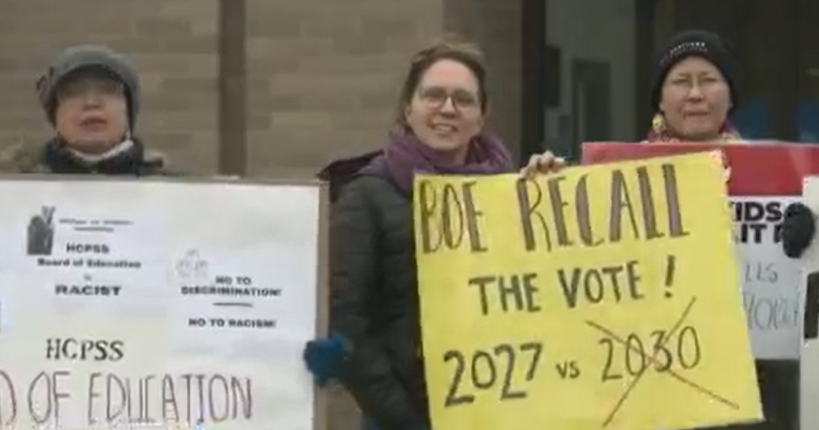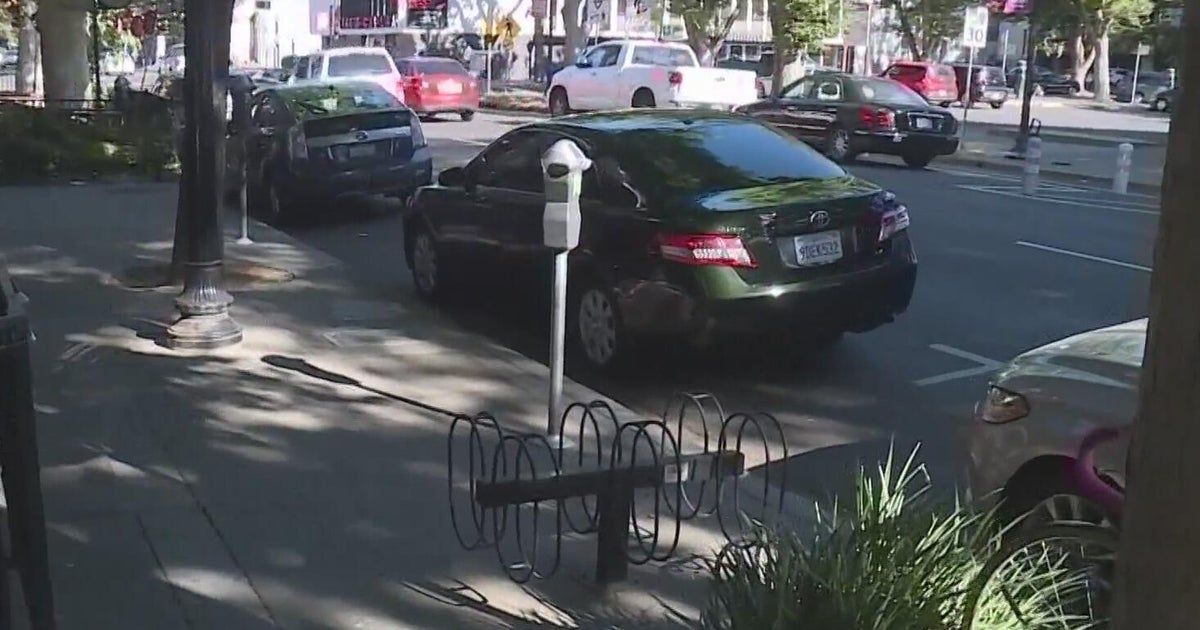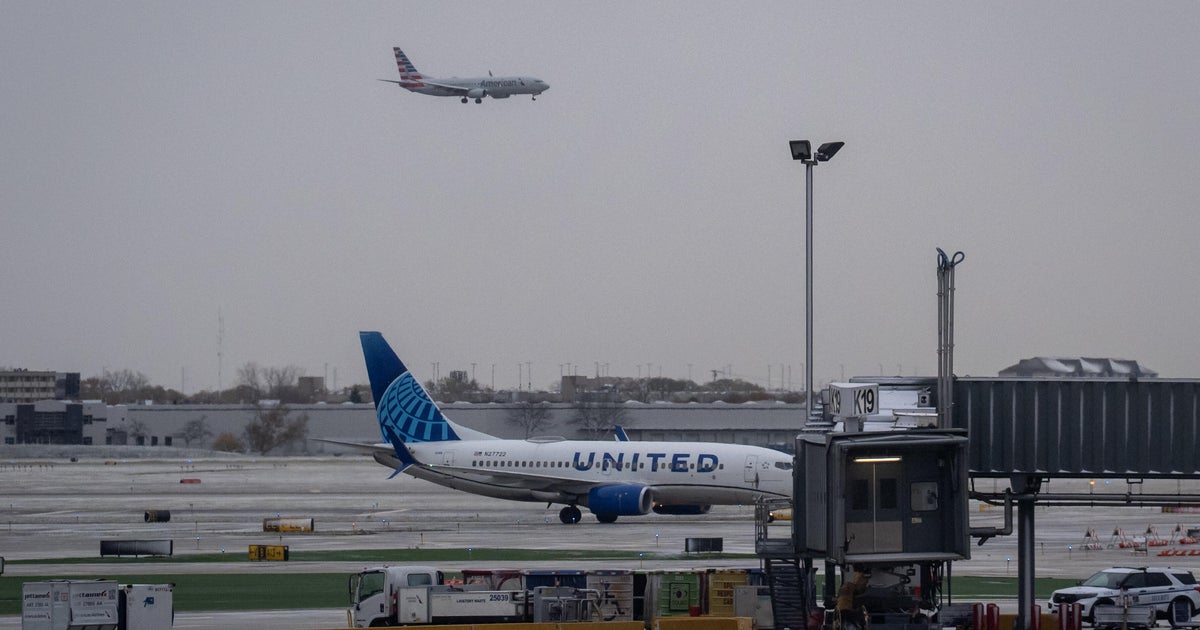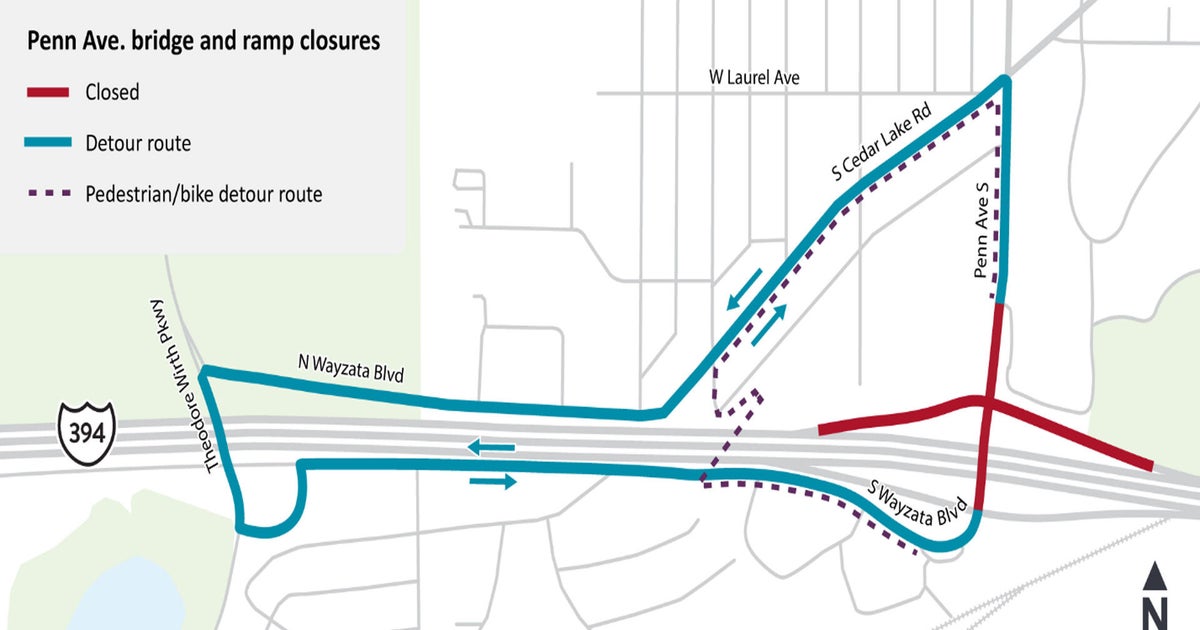Travel On A Budget This Labor Day Weekend
The busy Labor Day weekend is just days away and millions of travelers are expected to hit the nation's airports and highways. With the vast majority of people expected to travel by automobile, gasoline will be a significant portion of travel expenses. If you want to keep expenses down for your Labor Day weekend road getaway, here are some great tips for traveling on a budget.
Start Planning Now
Preparing a list of things to bring and what to do can help keep costs down in a number of ways. Forgetting to bring an indispensable item such as medications, spare car key or smartphone charger can add to unnecessary expenses. Even forgetting to pack a swimsuit can add up, especially at a popular destination where clothing is marked up just for tourists. Travelers who know what attractions they plan to visit can save a little by purchasing tickets in advance, rather than paying at the ticket window. Lastly, the most important part of advance planning for many travelers is to have a set budget for the entire trip for food, activities, lodging and gas.
Related: How To Stay Healthy While Traveling
Stay Close to Home
It's certainly not practical for every traveler, but simply staying close to home will obviously reduce expenses on gas. But because most Labor Day weekend travelers will drive more than 50 miles, it helps to estimate gas expenses for a trip, in addition to knowing where the best prices are. The American Automobile Association (AAA) has an easy-to-use Fuel Cost Calculator that quickly calculates fuel costs once a departure and arrival city, vehicle make, year and model are entered. But a better site is GasBuddy, featuring a trip cost calculator of its own as well as current gas prices by state and location of the cheapest gas by city. Another important factor in driving regardless of the length is to know that the nation's highways and city streets will be far more congested over the Labor Day weekend and every motorist must be alert, pay added attention to freeway exits, off ramps, city intersections and, most importantly, other motorists and pedestrians.
Car Maintenance and Driving Efficiency
While it's an expense in advance of a road trip, having a mechanic perform basic car maintenance like an oil change and tune up lessens the risk of a breakdown. Other routine tips include proper inflation of the tires including the spare, checking for tread wear and replacing air filters for better gas mileage. Obviously there is no guarantee that a private vehicle will experience engine trouble on a trip, but pre-trip maintenance can go a long ways to a better and safer traveling experience. Along with basic service, travelers should make sure to bring along emergency road items, such as roadside flares, a quart of oil, flashlights, first aid kit, car jack, lug wrench and, if possible, emergency road service from AAA, National Automobile Club or through one's private automobile insurance.
Driving efficiently seems to be hammered out again and again but the truth is, the way a vehicle is driven can help save on fuel costs. According to information from the Department of Energy's fuel economy site FuelEconomy.gov, aggressive driving such as speeding, sudden accelerations and braking will lower a vehicle's gas mileage by 33 percent at highway speeds and five percent for driving around town. Furthermore, the average driver can improve gas economy by three percent by driving efficiently and in turn will improve gas mileage by approximately 10 percent, resulting in about $0.11 to $.037 per gallon. Other obvious ways to save on gas found on FuelEconomy.gov include observing the speed limit, avoid hauling cargo on the roof, removing excess weight, avoid prolonged idling and, if equipped, using cruise control.
Bring Food and Refreshments
Another big expense, especially over a major holiday weekend like Labor Day, is food, especially when dining out. For travelers on a budget, it is always helps to bring food and refreshments along for the trip, then make their own meals, whether it's out camping or in lodging with a microwave or kitchen. Although the trip may be just a two- or three-day weekend, buying in bulk can further reduce costs towards food and refreshments. With an estimated 90 percent of Americans consuming caffeine in coffee or another form, travel expenses can rise rapidly if a trip requires a visit to a coffee shop, where a $5 cup of coffee is routine. Calculating over a three-day weekend, a $5 cup of coffee and possibly tips can add up to nearly $20 and for two cups a day, that's $40 for just one traveler. It doesn't help that Starbucks recently hiked prices for coffee drinks by five to 20 cents and bagged coffee for a dollar more. If there is a coffeemaker available, travelers can keep expenses down by brewing their own coffee.
Take Alternative Transportation
Not every city will have a public transit system, but savvy travelers can save money when it's available. Due to high costs of gasoline, diesel and even compressed natural gas, a bus ride is higher than it used to be but is cheaper than driving around and possibly paying for a parking fee. Larger metropolitan areas feature more efficient forms of alternative transportation, such as light rail and subway service. Again, prices have gone up over the years but it's certainly a better option versus paying for gasoline and parking fees, not to mention wear and tear on a private vehicle. Of course, fees add up for each additional member of the traveling party, but every transit agency offers discounts such as for children 17 years old or under and multi-ride passes. Some transit companies also offer group passes, allowing multiple riders to travel together on a single pass.
Related: How To Save Money While Traveling - Taking Public Transportation







